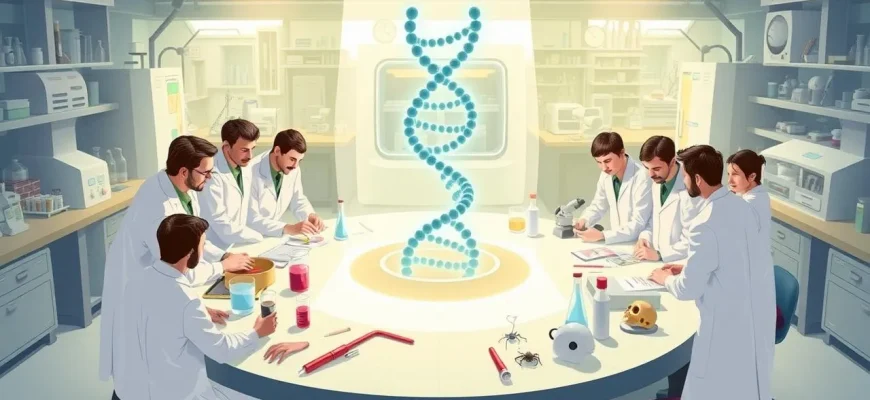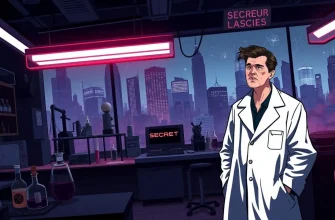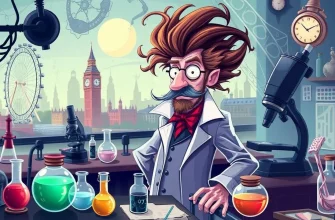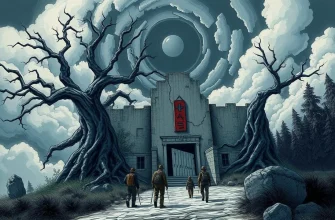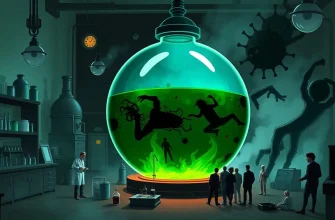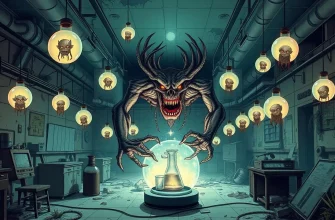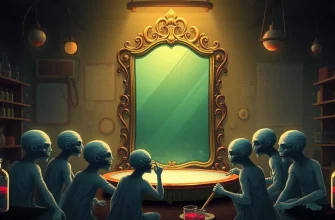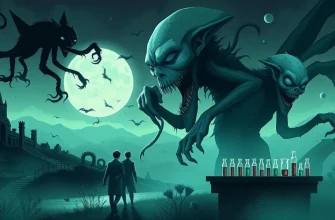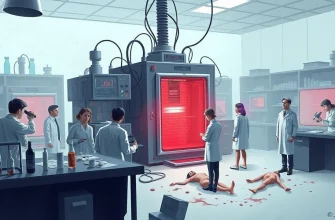This curated selection of science horror films delves into the terrifying possibilities when science goes awry. From genetic experiments gone wrong to the unforeseen consequences of technological advancements, these films offer a thrilling blend of horror and science fiction, providing not just scares but also food for thought on the ethical dilemmas of scientific exploration.
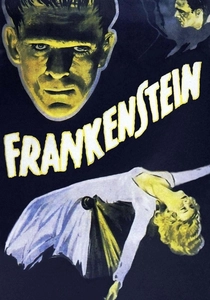
Frankenstein (1931)
Description: Dr. Frankenstein's attempt to create life from death results in a creature that becomes a symbol of the dangers of unchecked scientific ambition. This film laid the groundwork for many science horror themes.
Fact: The film was based on Mary Shelley's novel, which itself was inspired by the scientific advancements of her time.
 Watch Now
Watch Now
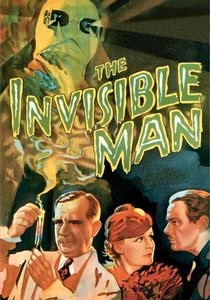
The Invisible Man (1933)
Description: A scientist discovers a way to make himself invisible but loses his sanity in the process, leading to a reign of terror. It's a cautionary tale about the perils of scientific hubris.
Fact: The film was one of the first to use the concept of invisibility in cinema, creating a lasting impact on the genre.
 Watch Now
Watch Now
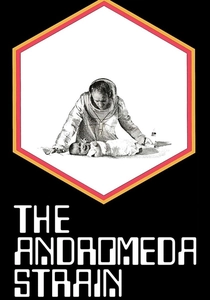
The Andromeda Strain (1971)
Description: A team of scientists race against time to contain a deadly extraterrestrial microorganism that threatens humanity. It's a suspenseful exploration of biological warfare and scientific response.
Fact: The film was based on Michael Crichton's novel, which was influenced by real biological threats.
 Watch Now
Watch Now
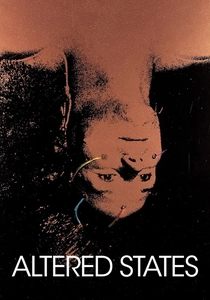
Altered States (1980)
Description: A scientist experiments with altered states of consciousness, leading to physical and psychological transformations. It's a deep dive into the mind and the boundaries of human experience.
Fact: The film was based on the novel by Paddy Chayefsky, who also wrote the screenplay.
 Watch Now
Watch Now
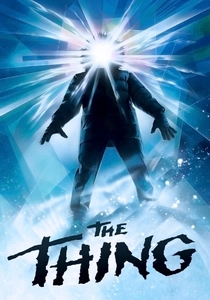
The Thing (1982)
Description: An alien life form that can perfectly mimic any organism it consumes leads to paranoia and horror in an isolated research station. It's a chilling exploration of biological science and identity.
Fact: The film's special effects, particularly the creature's transformations, were revolutionary for the time.
 Watch Now
Watch Now
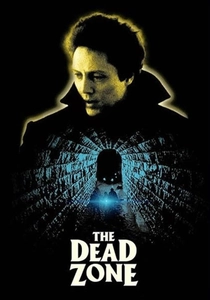
The Dead Zone (1983)
Description: After waking from a coma, a schoolteacher gains the ability to see the future, leading him into a dark path of preventing disasters. It touches on the psychological horror of knowing the future.
Fact: The film was adapted from Stephen King's novel, which explores themes of destiny and free will.
 Watch Now
Watch Now
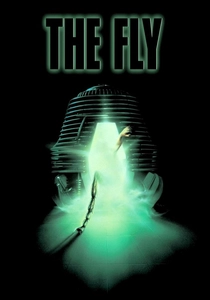
The Fly (1986)
Description: A scientist's teleportation experiment goes horribly wrong, merging his DNA with that of a fly, leading to a grotesque transformation. This film is a classic example of body horror intertwined with scientific ambition.
Fact: The film's special effects were groundbreaking at the time, earning Chris Walas an Academy Award for Best Makeup.
 Watch Now
Watch Now
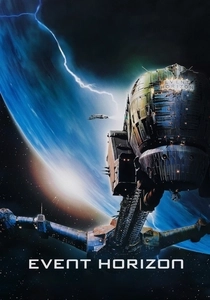
Event Horizon (1997)
Description: A rescue mission to a spaceship that has mysteriously reappeared after disappearing into a black hole uncovers the horrifying effects of space-time anomalies. It's a blend of cosmic horror and scientific exploration.
Fact: The film was influenced by H.P. Lovecraft's cosmic horror stories.
 Watch Now
Watch Now
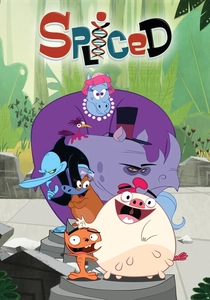
Splice (2009)
Description: Two genetic engineers create a new organism, only to face the consequences when their creation begins to evolve in unexpected and horrifying ways. It explores themes of playing God and the ethical boundaries of science.
Fact: The film was inspired by real-life genetic research and the ethical debates surrounding it.
 Watch Now
Watch Now
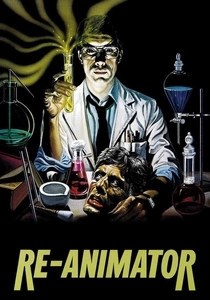
Re-Animator (1985)
Description: A medical student brings the dead back to life with disastrous results, exploring themes of life, death, and the ethics of reanimation. It's a darkly comedic take on science horror.
Fact: The film was inspired by H.P. Lovecraft's story "Herbert West–Reanimator."
 30 Days Free
30 Days Free

